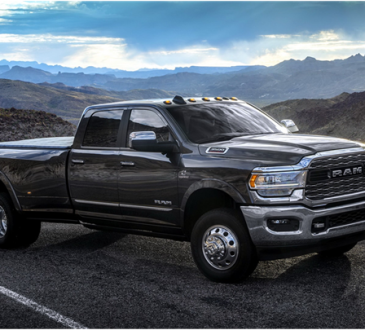
Efficiency in the always changing world of fuel storage and transportation must always be combined with safety and legal compliance. A great option for companies and sectors requiring the safe and controlled transportation of gasoline, diesel, or other fuels is the 990-gallon fuel trailer. Adhering to industry standards is not only legally mandated but also essential for guaranteeing the security of workers, the ecosystem, and the community. This article examines the 990-gallon gasoline trailer’s key safety features and factors related to regulatory compliance.
Sturdy Design and Construction
The sturdy design of a 990 gallon fuel trailer is one of its most notable safety advantages. Usually, premium materials like heavy-duty steel or aluminum are used to build these trailers because they provide better resistance to wear and corrosion. Excellent structural integrity from a well-designed trailer reduces the possibility of leaks or ruptures during operation. Furthermore, internal baffles in a lot of trailers assist regulate fuel flow, lowering the possibility of trailer wobble during travel and improving stability and averting collisions.
Systems for Containing Spills
A crucial component of gasoline transportation that is directly related to regulatory compliance and environmental protection is spill control. Reputable 990-gallon gasoline trailers come with sophisticated spill control features like double walls or additional containment tanks. By ensuring that any gasoline leak is confined inside the trailer’s boundaries, these devices guard against environmental harm and pollution. Additionally, having a spill kit close at hand adds an extra degree of security and enables prompt action in the event of spills or leaks.
Adherence to the Regulations
Safety is more than simply having the right features; it also involves following the law and industry standards. Regulations pertaining to the Department of Transportation (DOT) and the U.S. Environmental Protection Agency (EPA) must both be followed by a 990-gallon gasoline trailer. Trailers that fulfill fire safety regulations should be certified by the National Fire Protection Association (NFPA). In addition, trailers that meet OSHA (Occupational Safety and Health Administration) rules by having emergency shut-off valves, fire extinguishers, and appropriate labeling and signs guarantee worker safety and reduce risk.
Protocols for Safety and Training
Apart from the physical characteristics of a 990-gallon gasoline trailer, appropriate training and safety practices are the keys to the ultimate safety of fuel transportation. Fuel trailer handling and management, including emergency response protocols and regular safety inspections, should be thoroughly taught to operators. Staff members who follow safety procedures consistently are guaranteed to be aware of possible risks and how to successfully minimize them. To maintain safety requirements and improve the operation of the trailer, regular maintenance inspections and compliance audits are also essential. A 990-gallon gasoline trailer represents a dedication to efficiency, safety, and legal compliance in addition to being a tool for fuel transportation.




